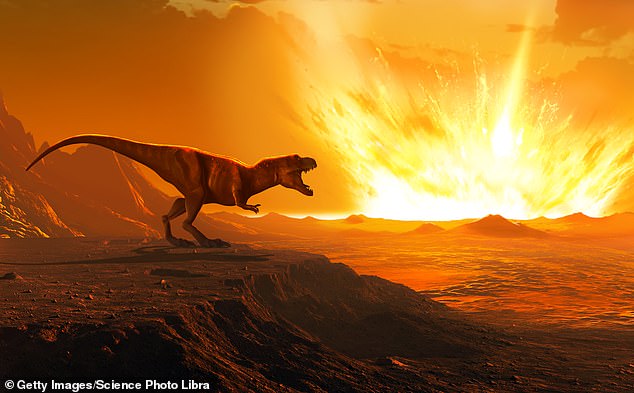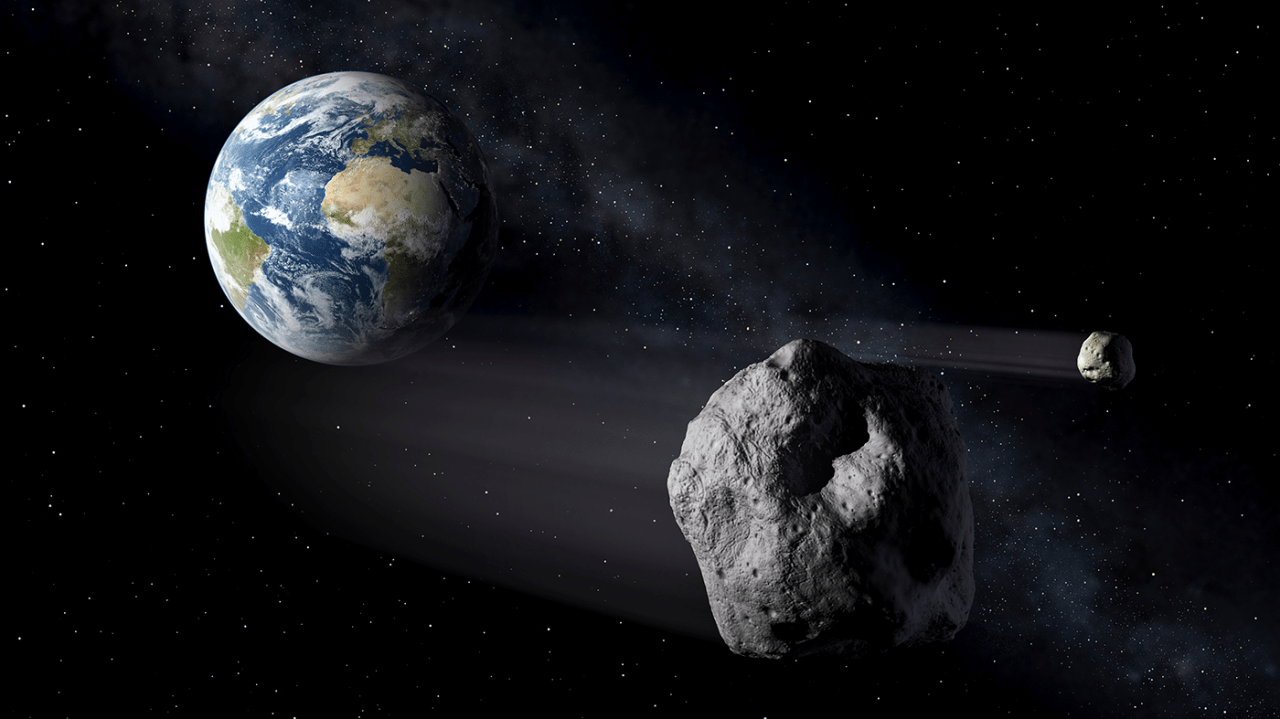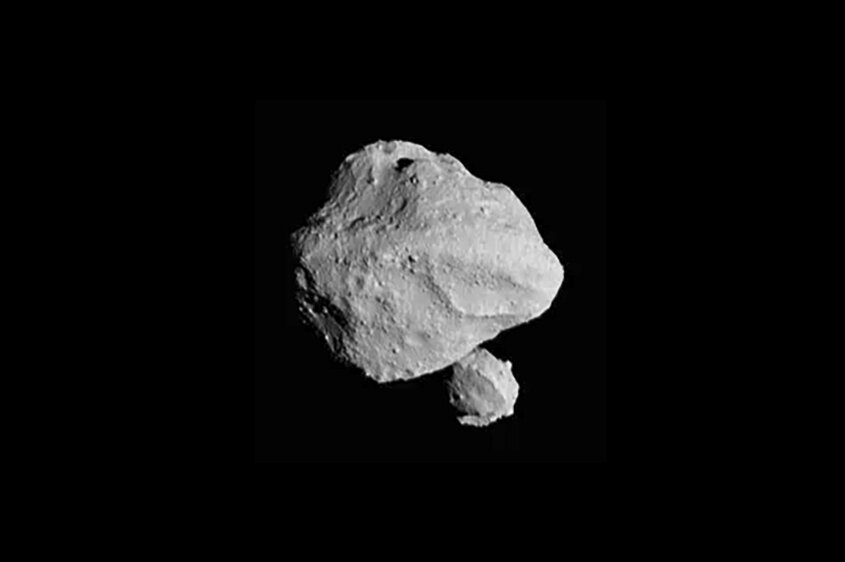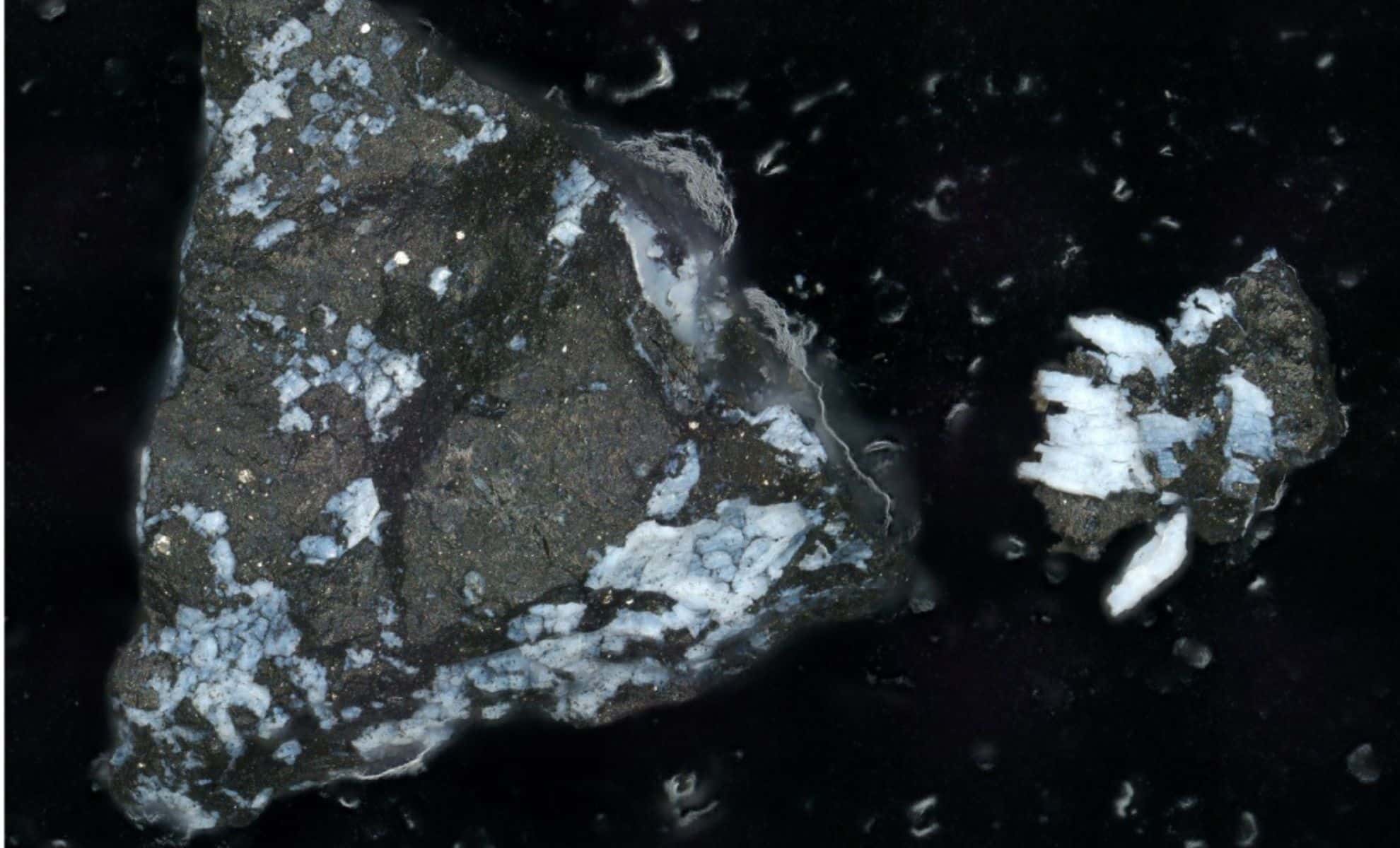Enjoy a glass of wine? Thanks to the asteroid that killed the dinosaurs! Scientists say the extinction of ancient reptiles paved the way for the spread of grapes
Without dinosaurs to trample the trees, vine plants like grapes flourished READ MORE: Asteroid wiped out the dinosaurs 66 million years ago By Xantha Leatham Deputy Science Editor for the Daily Mail Published: 10:09 a.m. EDT, July 1, 2024 | Updated: 10:14 a.m. EDT, July 1, 2024 Next time you open a bottle of wine, … Read more



